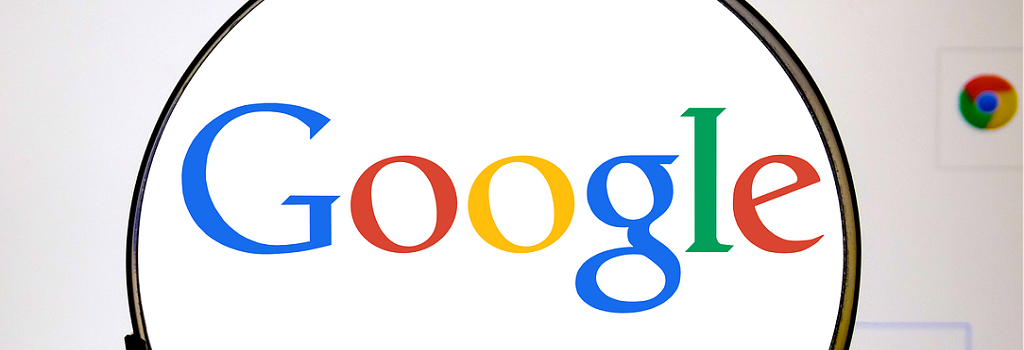
Google cracks down on AI content in search results
Gen AI content and its usage and acceptability is moving on at pace, and battle lines are being drawn, with the latest announcement from Google in its March 2024 Core Update which includes algorithm changes to improve search result quality.
This past November we reported the hubbub at the B2B Marketing Expo 2023 in London over its applications for marketing automation, image and video creation, customer service comms and of course, the debate around content creation.
But scratch beneath the surface of a few of the presentations during the event and there was a definite concern around how search engines would treat AI generated content. Would they be penalized for using AI generated content for its lack of originality? AI generated content is now not hard to spot, with a growing number of tools out there that can flag AI generated content in seconds, and they’re becoming more and more accurate.
Search engines get their Gen AI act together
It was, therefore, inevitable that the big players in the search engine world would come out to bat with an approach to treat the proliferation of AI generated content online.
Google has now laid down the gauntlet.
It has broken its silence to take action and to crack down on AI and spammy content in search results. This is big news, because it is not known for publicly announcing changes to its search algorithms.
The Verge reports: “For Google to announce the changes it’s making signals two things. First, that these are big changes that could meaningfully change your search experience —Google’s measurements show a reduction in “unhelpful content” by up to 40 percent. And second, that Google is sending a message to the web: your spammy, sketchy behavior ends now.”
Publications are also in the race to stamp out AI on their news pages
This clamp down will have ramifications for any organization using Gen-AI as part of their B2B content marketing mix – for deliverables such as blog posts, white papers, and even media placements.
In fact some of the top publications in the B2B trade and tech space have already got their own policy on rejecting Gen-AI content – beating the search engines to the punch.
Our team noted this from our recent human written, human placed, interaction with Fast Company: “Fast Company will not publish content generated or edited by AI tools such as ChatGPT, unless directed, supervised, and fact-checked by an assigning editor or manager. This applies to staff-produced work, freelance and opinion pieces, and written contributions from executives, academics, and other leaders as well as podcasts and videos.”
Why is organic SEO so important?
This dual pronged crackdown from search engines and media outlets alike means human written earned media placements are only going to become more valuable to boost B2B SEO. We’ve established how media placements and organic SEO are symbiotic, and a vital part of memory recall once prospects are in the B2B sales funnel.
Earned media placements, strategically secured in target media, yield substantial SEO benefits. Audience-focused keywords in placed copy, combined with the large UVPM/domain authority of the media outlets, help push company messages higher up the Google search rankings.
Add on top of this targeted backlinks to the company website or key assets, and this leads to targeted organic monthly traffic to feed lead-gen – the holy grail of digital marketing.
The battle is just hotting up
If Gen-AI tools only regurgitate ideas that have been fed into its learning models, then it isn’t the original source of anything. We’re still in the relative infancy of AI generated content hitting our search engines, but it does seem that Google and others are starting to step up to the plate to sort out fact from AI fiction.
As The Verge appropriately concludes: “The reckoning over AI-generated content — what it means, who wants it, how it should rank — is only just beginning and will cause Google plenty of internal headaches as it both tries to bring AI to everyone and tries to save the web from being overrun by it.”
Jamie Kightley is Head of Client Services at IBA International

Leave a comment